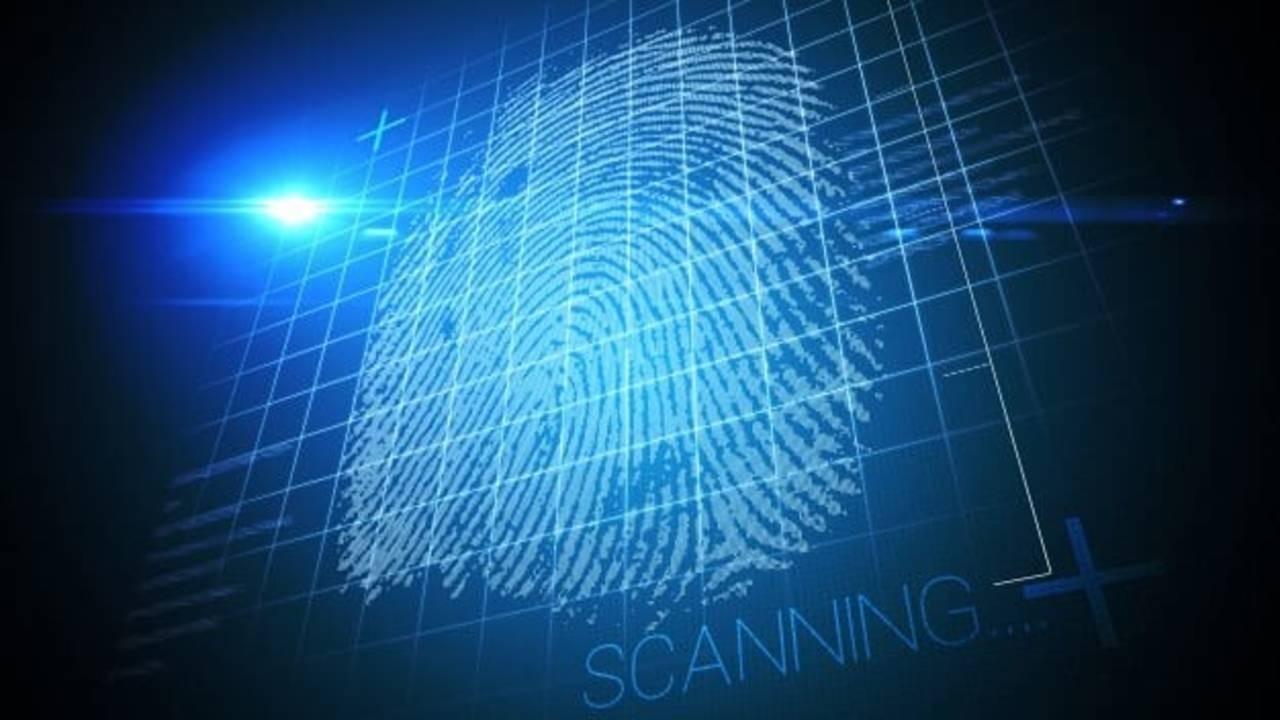The Authentic Authenticity

In this era of fast-paced life and fast-changing technology people are clamoring for authenticity be it in politics, in religion, in the workplace or in the family. We cry for authentic leadership, authentic relationships, and authentic people. Is it because in the blur of the changes that are happening around us, we feel the need to be anchored on a stable reality? Is it because of our desire to be the master of our fate?
The deep teachings of philosophy espouse that authenticity paves the way to truth, fulfillment and a meaningful existence, while inauthenticity creates dissonance within us and with our relationships with others. In other words, being authentic is key to harmonizing the inner and outer lives and a reaction to the inauthenticity that highlights the inconsistencies prevalent in everyday life. Psychology also considers the desire for authenticity as an antidote to outside conditioning or control. It addresses the human desire for some measure of autonomy and freedom to be the architect and master of their own life.
But what is authenticity? How is a fake distinguished from one that is authentic? The dictionary defines authenticity as: The quality of being genuine or not corrupted from the original. Science has established ways of effectively differentiating a bogus object from one that is real. It’s one thing to set standards of originality on objects but it’s another to measure the authenticity of human beings that go thorough complex changes in their lifetime. The way an object’s authenticity is defined cannot be applied to evolving beings. Amidst the changes in and around us could we really come to the point of being our authentic selves? When can we say then that a person is genuine?
One of the realities of life that complicates the essence of authenticity is our uniqueness as individuals. There is no universal model for an authentic human being. We have to discover our own identity because we come from different contexts depending on our social, political, religious and cultural milieu; this necessitates us to discover our own authenticity in our essential being.
Self-awareness therefore, is the foundation of our authenticity because it is about conducting our lives according to our values, abilities, and preferences and having the resolve to act in accordance to what we are aware about ourselves despite the risk of vulnerability. Authentic persons are aware of their humanity and accept the imperfections and weaknesses that go with it. They also recognize this in others and as such are patient and non-judgmental. Understanding how the elements of ourselves shape us can break down the walls that prevent us from genuinely interacting with others. It’s being true and honest not only with ourselves but also with others.
Since our inner realities and the world around us change, authenticity is not a one-time choice but a lifetime process that necessitates us to re-evaluate, through self-examination and social interaction, how our inner being is living out its principles and ideals. Research has shown that experiences in life cause people to evolve as they discover the other facets of their being. This is why we have to consider our uniqueness not for who we are in the moment but for what we can become in the future. We are works in progress — life should be a forward movement to becoming the person we are meant to be.
A display of passion and commitment for what we believe, say and do is not always tantamount to authenticity for even fake people can act out passion. Real authenticity is congruent with the person inside us – our character — whereas a performed authenticity presents ourselves in the most favorable light. It’s not just also having the ability to act and conduct ourselves in the exact same way in different contexts. Instead, it’s having a deep sense of awareness of how we come across to others. We are sensitive to the undercurrents and know how to swim against them with patience, tact, respect, and consideration. Being authentic is not also having the courage to disclose every single thought and feeling which is unrealistic and can make us susceptible to abuse.
Dr. Stephen Joseph, a professor of psychology and author of the books “What Doesn’t Kill Us” and “Authentic: How To Be Yourself and Why It Matters” defines authentic persons as
• having realistic perceptions of reality.
• accepting of themselves and of other people.
• thoughtful.
• having a non-hostile sense of humor.
• able to express their emotions freely and clearly.
• open to learning from their mistakes.
• having an understanding of their motivations.
It pays to be authentic. This is supported by research on authenticity by Social Psychologists Michael H. Kernis and Brian M. Goldman. In their research summary they indicated that:
“…. higher dispositional authenticity relates to many aspects of adaptive functioning, including problem-focused coping strategies, mindfulness, positive role functioning, healthy aspects of self-concept structure, hedonic and eudaimonic well-being, authentic goal pursuits, and low verbal defensiveness. In addition, higher dispositional authenticity relates to higher couple satisfaction and
functioning.”
“Everything will line up perfectly when knowing and living the truth becomes more important than looking good.” – Alan Cohen
“Best keep yourself clean and bright; you are the window through which you see the world.” – George Bernard Shaw
“The authentic self is soul made visible.” – Sarah Ban Breathnach
If you need assistance in living out your authentic self, contact us today.
Let's start a conversation!
Contact us to see how we can partner with you to bring out the best in your people.
We hate SPAM. We will never sell your information, for any reason.



